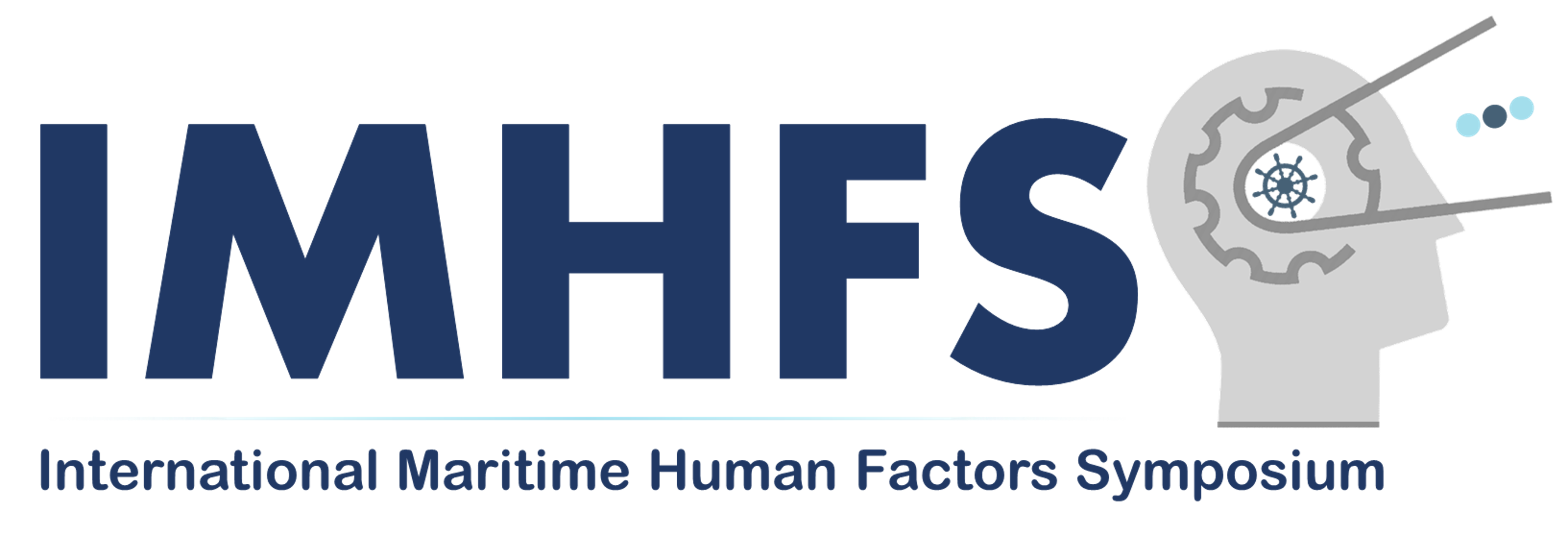IMHFS 2024 Keynote Speakers
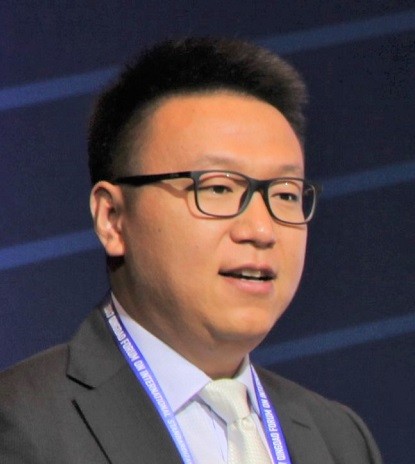
Bingbing Song
Head of Maritime Training and Human Element section of the Maritime Safety Division MSD of the IMO
Mr. Bingbing Song is the Head of Maritime Training and Human Element Section at the Maritime Safety Division (MSD) of the International Maritime Organization (IMO), a UN agency dedicated to maritime safety and environmental protection. He also serves as Secretary of the Sub-Committee on Human Element, Training, and Watchkeeping (HTW), which oversees key human element issues like training, competence, and fatigue, ensuring the safety of maritime workers.
The HTW Sub-Committee manages updates to crucial conventions, including the STCW and STCW-F, and collaborates closely with other UN bodies such as the ILO, FAO, and WHO. Since joining IMO in 2013, Bingbing has contributed to Goal-Based Ship Construction Standards (GBS) implementation and served as Secretary for the Editorial & Technical Group and the CCC Sub-Committee.
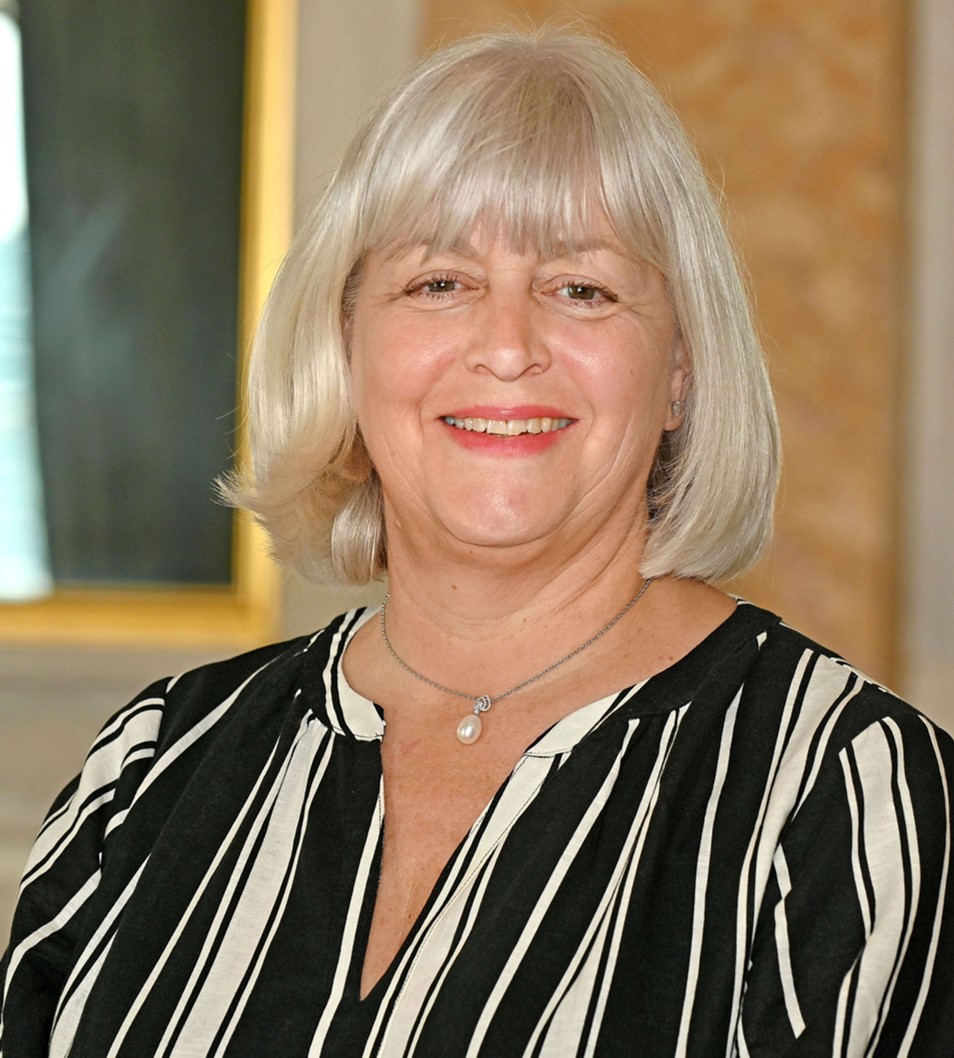
Deborah Layde
Chief Executive Seafarers' Charity
Deborah Layde is Chief Executive of The Seafarers’ Charity, a UK based charity that raises funds in order to make grants to charities/NGOs that support seafarers’ welfare and safety, both internationally and in the UK. Deborah has overseen the investment of almost £30m of funding into the maritime welfare sector whilst at the charity, also using the power of collaboration, research, and advocacy to deliver bold solutions for those who work at sea, whatever role, nationality or gender they may be.
Deborah is also Chair of Maritime UK’s Women in Maritime Network, a WISTA member, a Board Member of Maritime UK and a Trustee of the Annual National Service for Seafarers. She is passionate about Equity, Diversity, and Inclusion (EDI) and has led The Seafarers’ Charity EDI approach, starting with the creation of a staff-led EDI working group in 2020.
IMHFS 2024 Session Chairs

Capt. Trevor Bailey
The Nautical Institute
Building Competences for the Future Session

Andre Burgess
National Physical Laboratory (NPL)
Human Factors, Autonomy and Automation Session
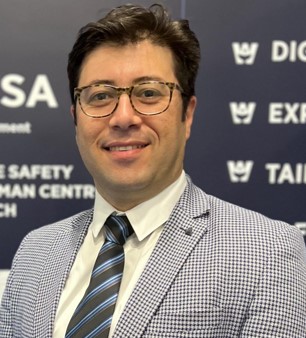
Rafet E. Kurt
University of Strathclyde
Human Factors in Design Session
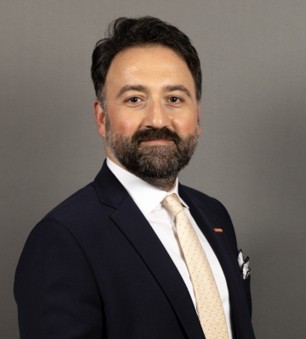
Taner Umac
RightShip
Crew Wellbeing Strategies Session
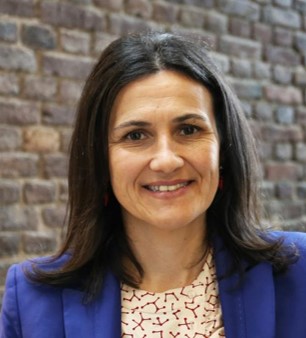
Maria Carrera Arce
World Maritime University
Wellbeing & Mental Health Session
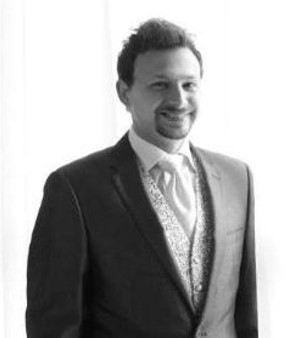
Francesco Sandrelli
UK Chamber of Shipping
Human Factors and Alternative Fuels Session
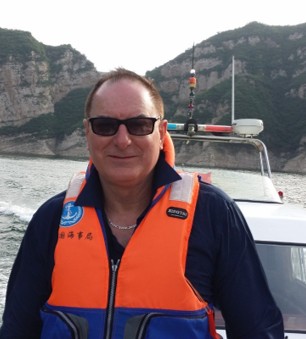
Dave Watkins
CHIRP Maritime
Human Factors and Safety Management Session
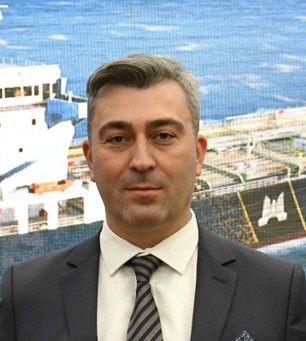
Levent Şen
Orka Informatics
Maritime Education & Training (MET) Session

Nidhi Trimble
UK Maritime and Coastguard Agency
Maritime Safety Culture Session

Osman Turan
University of Strathclyde
Safety Learning Session
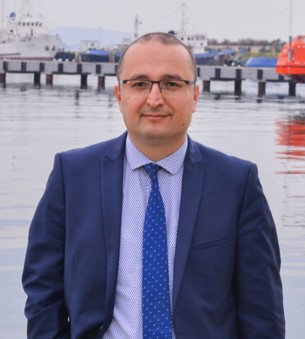
Ozcan Arslan
Istanbul Technical University (ITU)
Risk and Human Reliability Session
IMHFS 2024 Speakers

Mark Sujan
University of York
Human-centred autonomy in maritime contexts
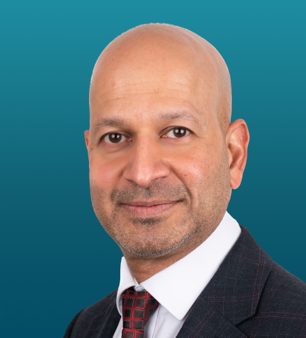
Kevin Coelho
OCIMF
Human Centric Design for Mooring Decks
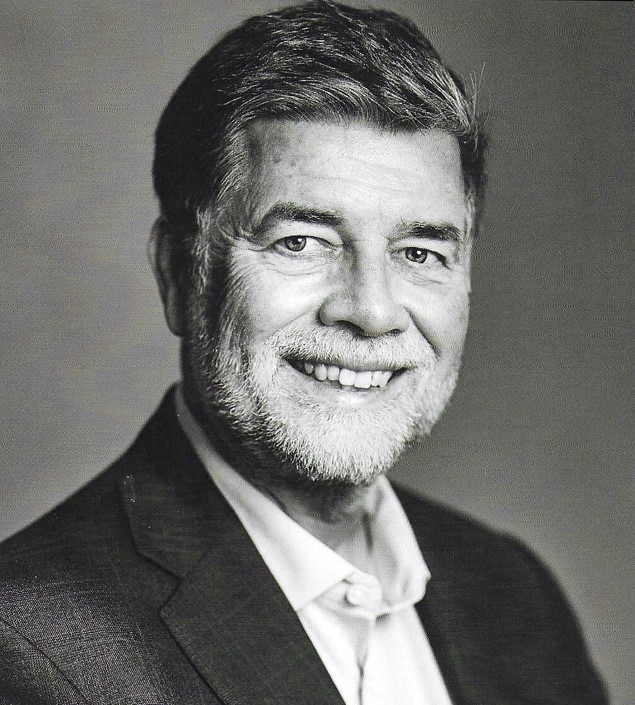
Ronald Spithout
VIKAND
The importance and effects of integrating social sustainability

Adam Parnel
CHIRP
Why confidential reporting schemes are only part of the solution to accident and incident reduction

Hyungju Kim
NTNU
Tailoring Human Error Quantification for Maritime Safety: A Case Study on Small Fishing Vessels

Levent Şen
Orka Informatics
Transformative Maritime Training: Digital Approaches for Deeper Learning and Real-World Application
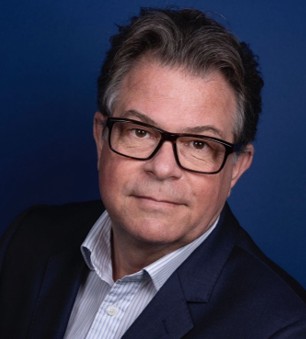
Mikal Bøe
Core Power
Fuel for the future: the nuclear option for a green future in shipping

Yaser Farag
University of Strathclyde
Decoding Human Factors:What Incident Data Reveals through SHIELD Analysis
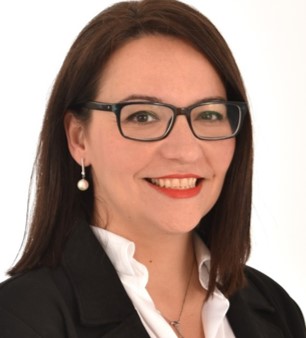
Sofia Rizou
Maritime & Healthcare Group
The Role of Art in Enhancing Seafarers
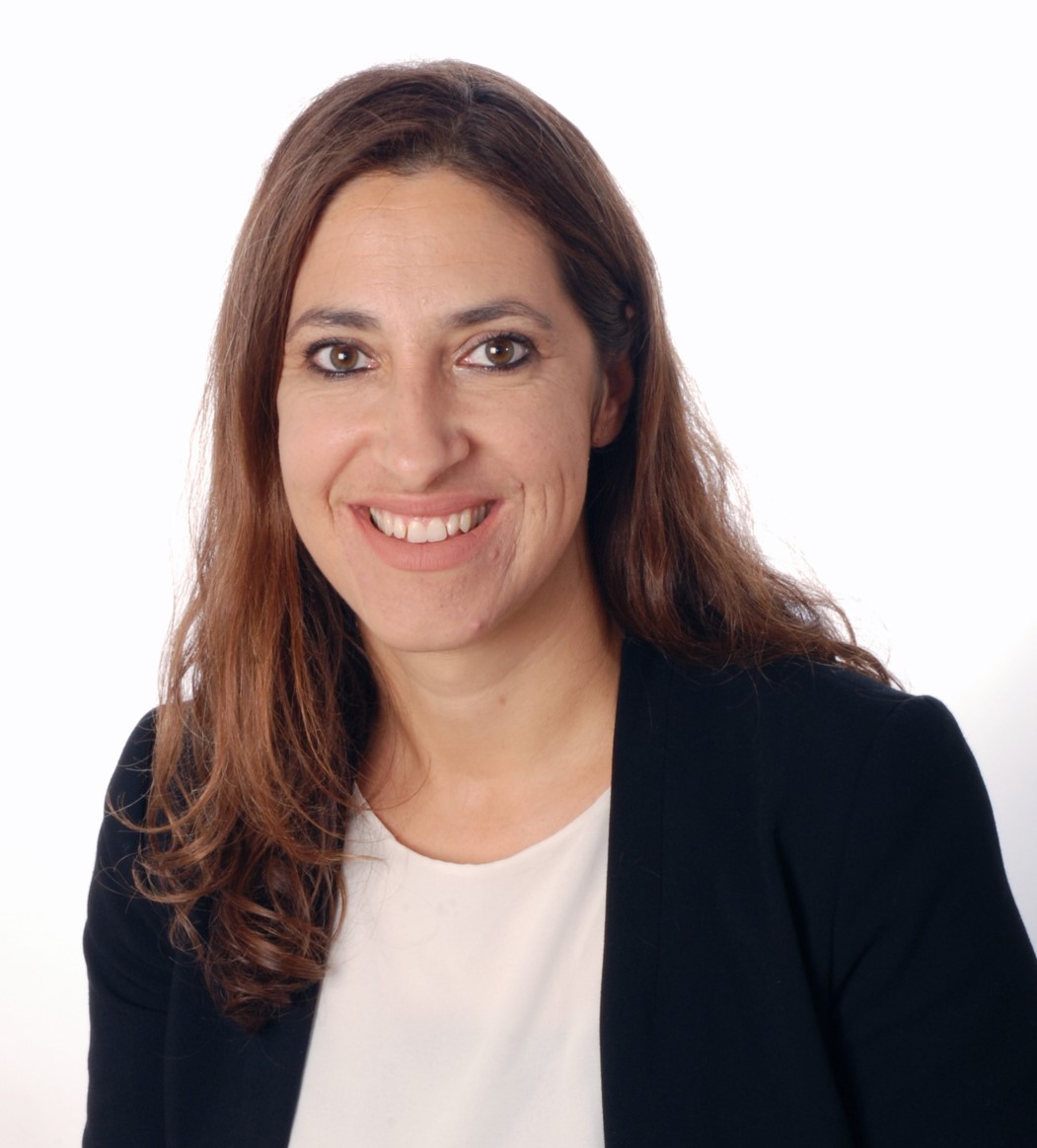
Giorgia Domenichelli
CETENA S.p.A
Human Factor approach in ship design

Arvind Natrajan
International Chamber of Shipping (ICS)
Enabling a Just Transition – safe handling of alternative fuels by seafarers”

Jevon Chan
American Bureau of Shipping (ABS)
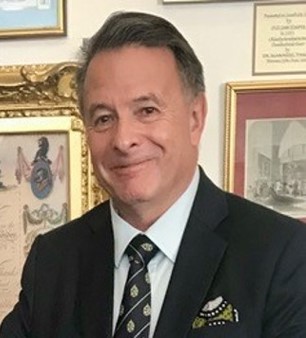
STEVE CAMERON
MPC
Kind Leadership
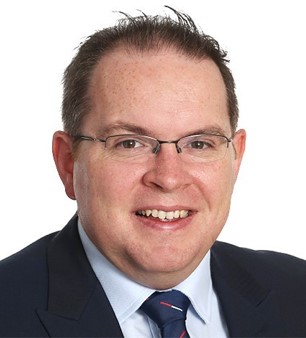
Ross Millar
Steamship Mutual
The Incomplete Puzzle
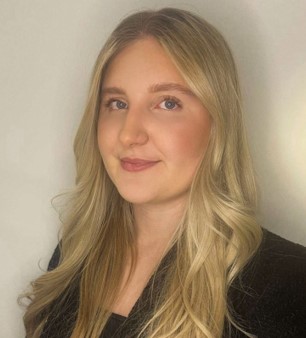
Hollie Black
University of Strathclyde
Automating Human Factors Analysis in Maritime Safety: A Machine Learning Approach
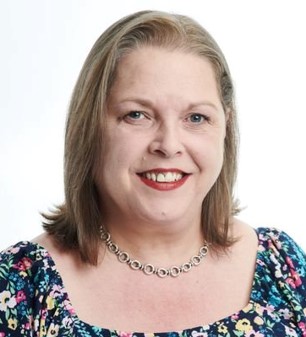
Tina Barnes
The Seafarers' Charity
Support & professional development for Seafares’ in the fishing community
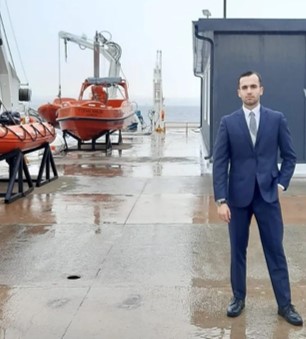
Muhittin Orhan
Istanbul Technical University (ITU)
Reducing Human-Related Risks in Maritime Safety: A Focus on ISO 23678 Life-Saving Appliances Training
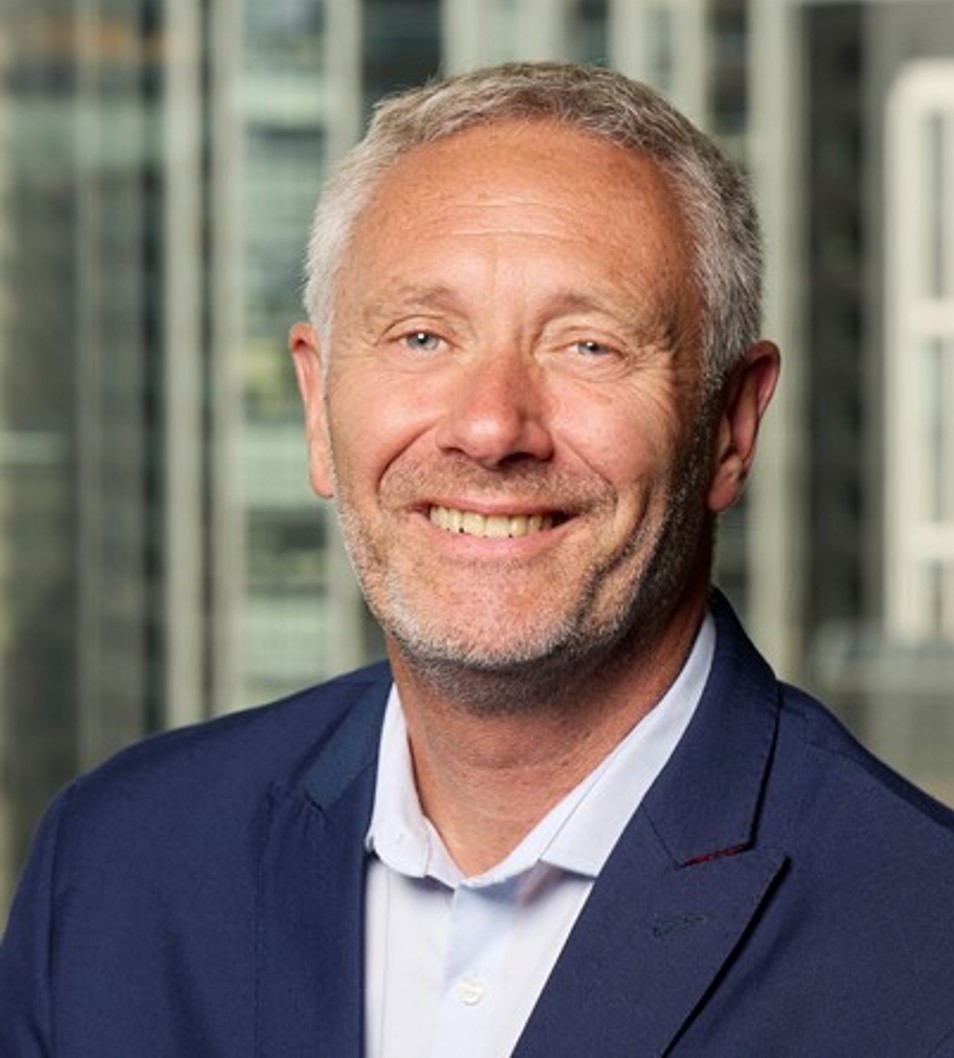
Peter Broadhurst
INMARSAT
How efficient communication are central to delivering effective autonomous systems

Kjetil Nordby
Oslo School of Architecture and Design
Applying Open Innovation in maritime workplace design

SHIQI FAN
Wuhan University of Technology
Letting losses be lessons: human-centred risk analysis in human-machine cooperation for maritime transport
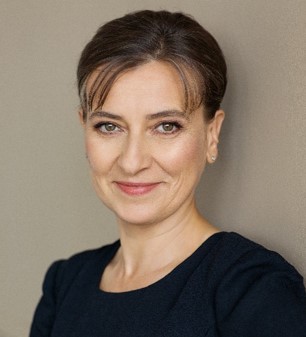
Inga Bartuseviciene
World Maritime University
Empowering Maritime Leaders: Enhancing Mental Health and Well-being through Action Research
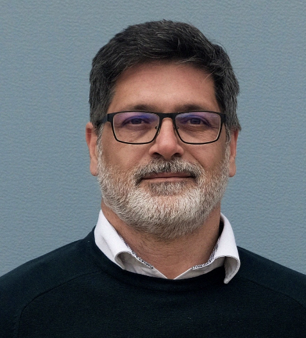
Eugene Bari
Ecomar Propulsion
Revealing and dispelling the risks of adopting alternative fuelled propulsion systems
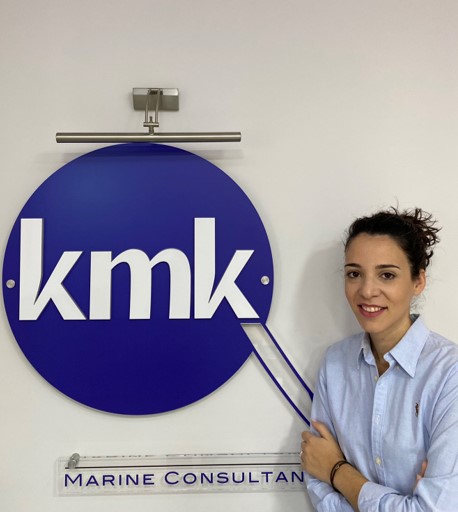
Katerina Kokkini
KMK Marine Consultants

Pahansen de Alwis
RISE-Research Institutes of Sweden
Riding the waves: The impact of shock and vibration on marine craft occupants

Alvin Forster
Solis Marine
Human factors in maritime: Where are we and what can we do?

Sean Noonan
Faire Innovare ltd
The next evolution in safety: putting people first
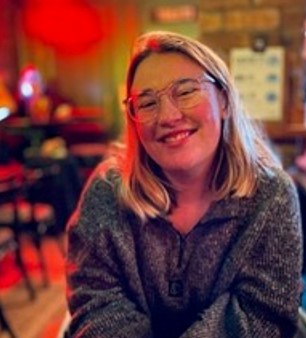
Kate Preston
University of York
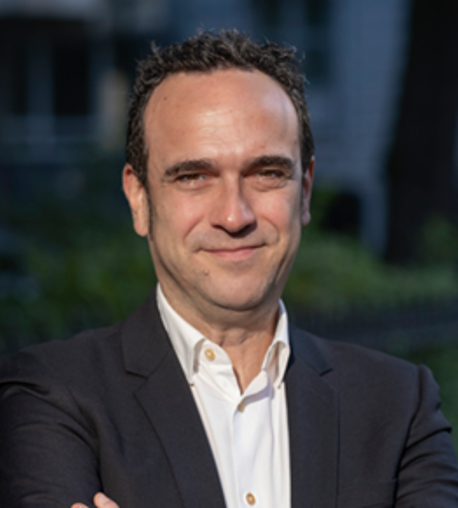
Jose Gonzalez
CLIA EUROPE
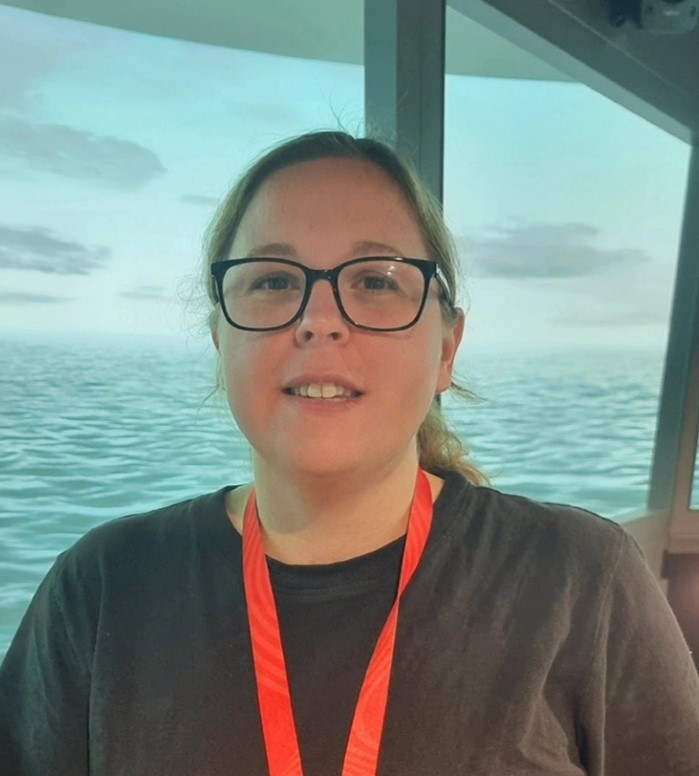
Helen Devereux
Warsash Maritime School, Solent University
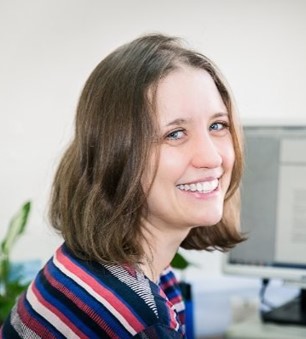
Katie Earnshaw
ISWAN
Reducing Human-Related Risks in Maritime Safety: A Focus on ISO 23678 Life-Saving Appliances Training
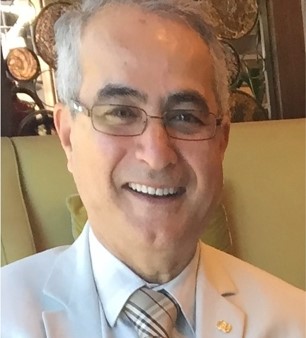
reza Ziraati
Maritime Division, C4FF
DEVELOPING A TRAINING PROGRAMME FOR ISM CODE IMPLEMENTATION WITH SPECIAL REFERENCES TO HUMAN FACTORS
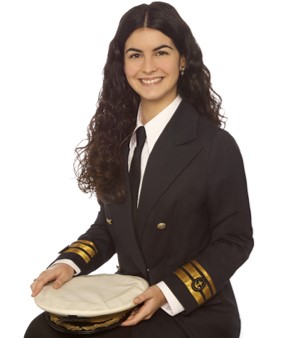
Aitana Sánchez
University of Oviedo
The evolution from Industry 4.0 to Society 5.0: Maritime Autonomous Surface Ships and their challenges
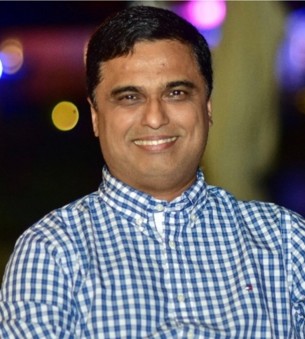
Syed Asif Altaf Chowdhury
ITF
Introduction of wellbeing and early stress management module in maritime curriculum to prepare cadets and future seafarers for challenging and demanding seafaring career
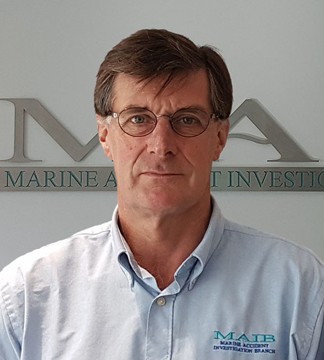
Andrew Moll
Marine Accident Investigation Branch (MAIB)
Marine Accidents and Incidents: The role of Human Factors, Insights from the MAIB from recent investigations and analysis
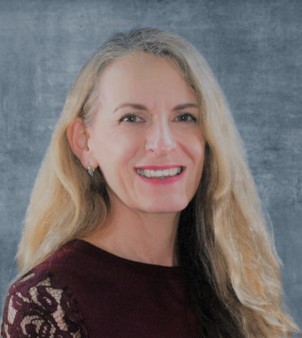
CATHERINE LOGIE
Ocean Technologies Group
How flexible and agile learning opportunities can be offered at the point of need to our seafarers

Eugene Bari
ECOMAR
Revealing and dispelling the risks of adopting alternative fuelled propulsion systems
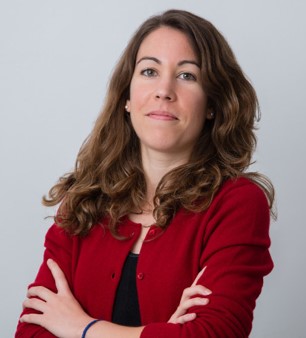
Ana Ferreira
Deep Blue
Lessons learnt from HEART methodology application in a Human Reliability Assessment of a maritime context maintenance task
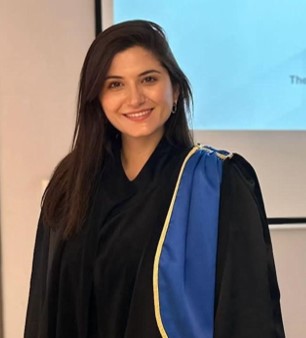
Esma Uflaz
Istanbul Technical University (ITU)
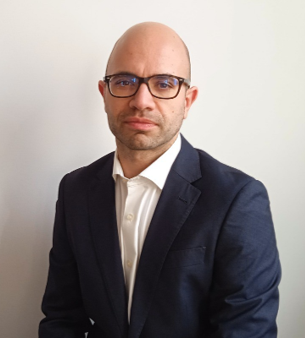
Luis A. Díaz-Secades
University of Oviedo
Wellbeing challenges in maritime: the impact of vacation periods on Spanish seafarers, and the lower wellbeing of ferry workers
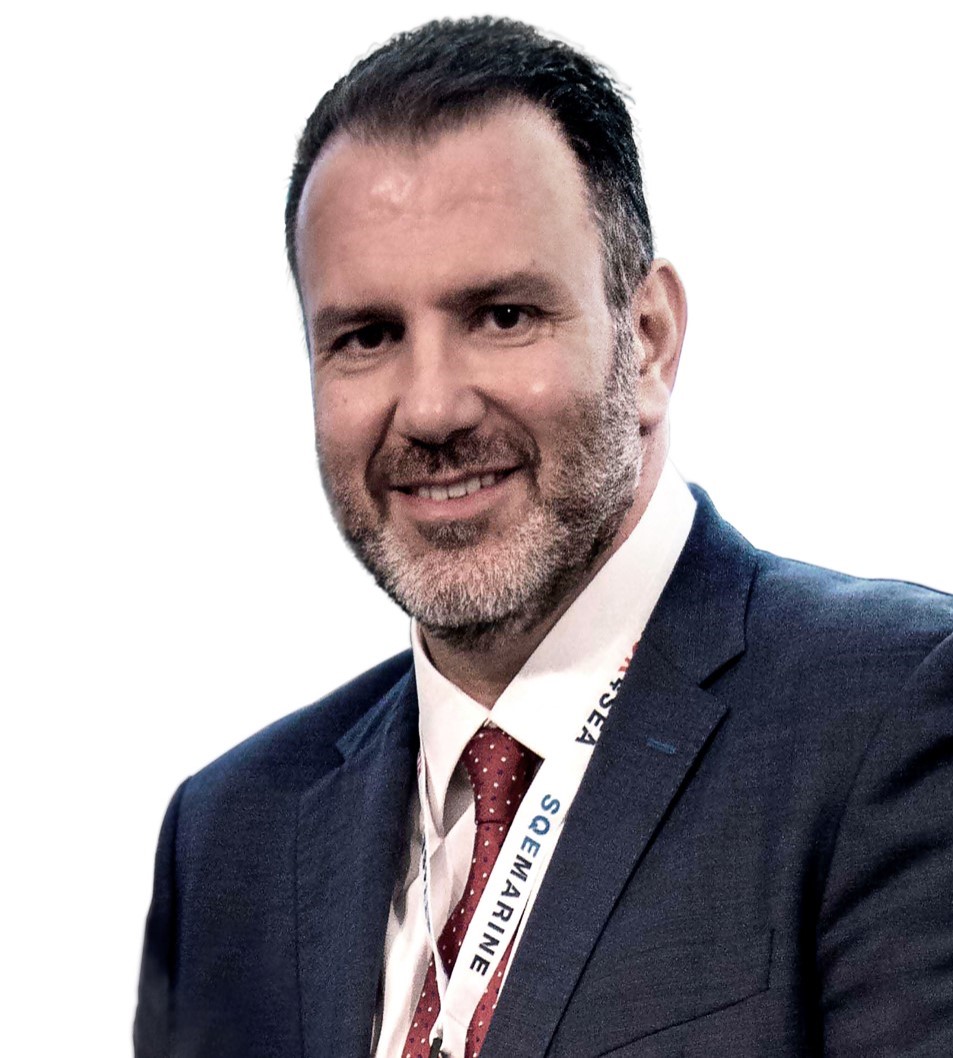
APO BELOKAS
SAFETY4SEA
Review of the Regulatory and Implementation Landscape with Lessons Learned and Ideas for Improvement.
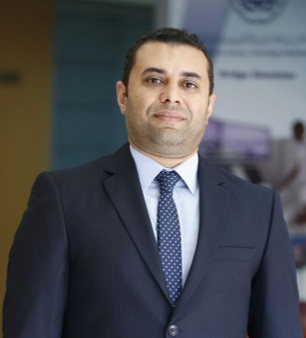
Capt. Aly Elsayed
The Nautical Institute
Embedding Best Practices for Proactive Safety and Efficiency: Lessons Beyond Incidents (Ocean Project)

Abhijith Balakrishnan
Scorpio Marine Management
A Tale of Two Safeties

Ilkka Kervinen
Finnish Safety Investigation Authority
Navigating the Challenges of Automation: Impacts on Crew Size and Situational Awareness in Small Vessel Operations
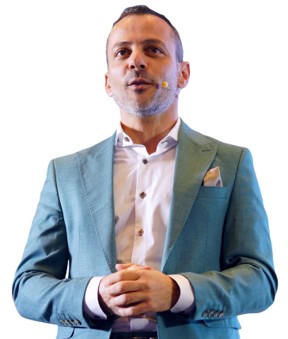
Valentinos Steliou
Mintra
Enabling Seafarers for the Energy Transition

Tae Eun Kim
University of Tromsø (UiT)
Human factors in the era of remotely controlled and autonomous shipping
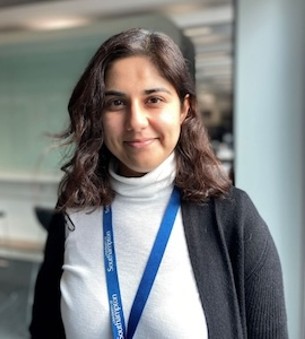
Dhwani Oakley
University of Southampton
Designing for maritime safety: our past, present and future
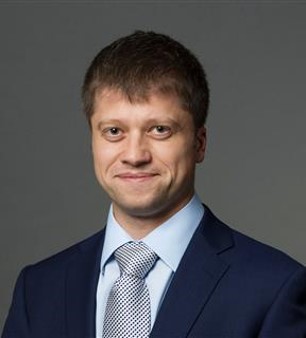
PETAR MODEV
UK P&I
Enhancing Maritime Safety Culture: A P&I Club’s Perspective
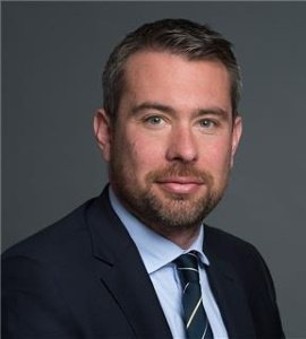
Stuart Edmonston
UK P&I
Enhancing Maritime Safety Culture: A P&I Club’s Perspective
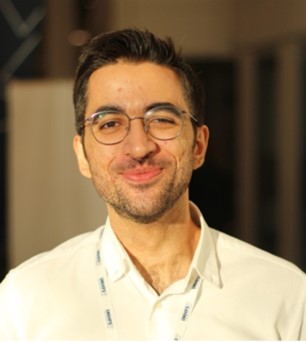
Furkan Tornaci
University of Strathclyde
Navigating Knowledge: Analyzing the Impact of Demographics on the Learning Styles of Seafarers
